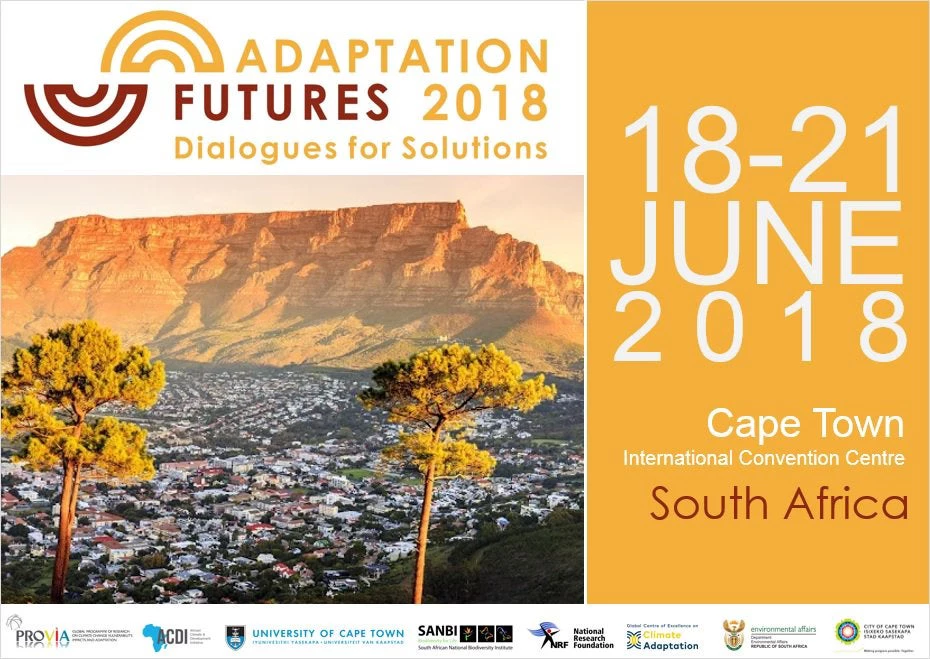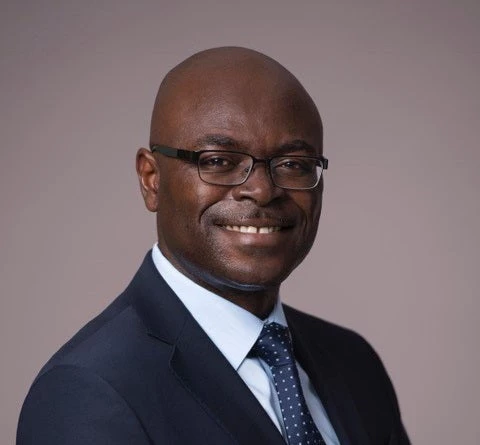As I join my colleagues this week in Cape Town (South Africa), to exchange positive experiences on climate resilience at the 2018 Adaptation Futures Conference, I could be somber. The world’s premier knowledge event related to adaptation is taking place in a city coping with its worst drought ever. Signs at the airport, throughout the city and the hotel warn: “Don’t Waste a Drop!”, “Every Drop Counts” or simply “Save Water.”
While rains in May brought some relief, the water reservoirs in the Western Cape province remain at record lows. For months, residents have rationed their water use –limiting the use of showers, baths or even toilets. I know Cape Town is no exception.
Many cities around the world are experiencing a water crisis due to rapid population growth and lack of precipitation. Parts of Southern and Eastern Africa are experiencing droughts, other parts are threatened by floods. Majestic Baobab trees — an icon of the African continent and folklore — are dying across the continent, with scientists thinking that a changing climate is to blame. Elsewhere, the Caribbean region is still recovering from the devastating 2017 Atlantic Hurricane season. The National Oceanic and Atmospheric Administration came out two weeks ago with its outlook for the 2018 Atlantic storm season. It projects an average to above-average season this year, with five to nine hurricanes, including one to four major hurricanes.
All of this is sobering news. However, I arrived in South Africa from Zambia with a sense of optimism. In Zambia, I had the opportunity to review the Zambia Strengthening Climate Resilience project, as part my involvement in the Pilot Program for Climate Resilience (PPCR).
This US$36 million project is supporting people like Pomolo Akowondo and Saasa Dorcas, who work with small teams and communities clearing the canals in the Barotse sub-basin of the Zambezi River. With simple means they are striving to turn a traditional canal system from ancient to resilient, to better adapt to climate change. It is opening up land, improving agricultural and fishing yields. According to Saasa, more than 2,000 households in her district are benefitting from the improved water management.
And it is with this spirit that I participate at the 2018 Adaptation Futures Conference. It is a chance for the World Bank team to show how cities like Cape Town and other communities can access drought forecasts based on tested methodologies, and climate information services for decision-making through various PPCR-supported interventions (e.g., Drought Monitoring Tool , e-Platform on Climate Services for Resilient Development). I am looking forward to sharing lessons on how countries are integrating such climate risks in infrastructure financing, and how the World Bank joined forces with the African Development Bank and other MDBs to help countries drive resilient investment planning and implementation in Africa and globally.
It is also the first time the conference is held on the African continent - 40 percent of the submitted session abstracts and academic papers are from Africa. That is quite impressive. As a platform receiving about 1,000 scientists and practitioners from around the world, this is no place for pessimists.



Join the Conversation